What Are the Differences Between Ammonium Metatungstate and Ammonium Paratungstate?
- Details
- Category: Tungsten Information
- Published on Thursday, 29 May 2025 13:56
- Hits: 43
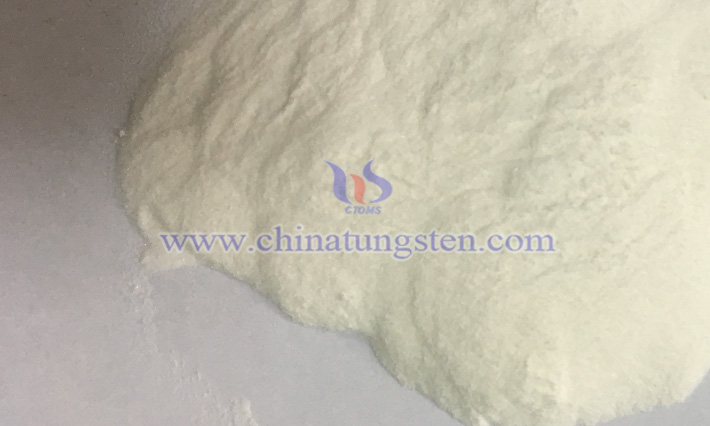
Ammonium metatungstate (AMT) and ammonium paratungstate (APT) are both important tungsten compounds, classified as ammonium salts of tungsten. They contain tungsten (W), nitrogen (N), hydrogen (H), and oxygen (O), and are commonly used in the preparation of downstream products such as tungsten trioxide and tungsten powder. However, they differ in chemical composition, physicochemical properties, production processes, and applications.
What Are the Purification Methods of Ammonium Metatungstate?
- Details
- Category: Tungsten Information
- Published on Wednesday, 28 May 2025 16:07
- Hits: 70
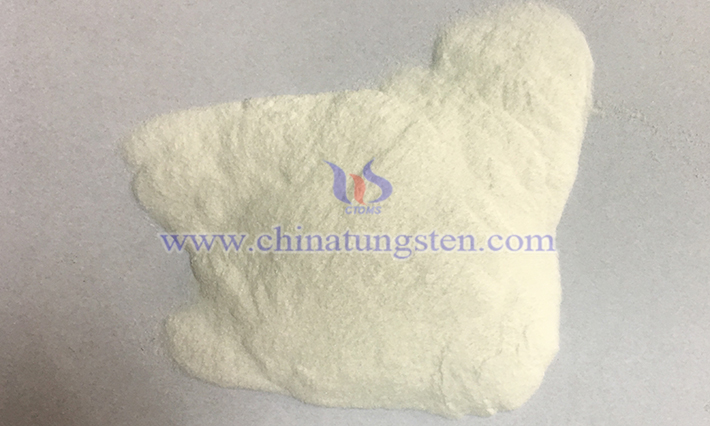
The purity of Ammonium Metatungstate is typically categorized based on the application scenario:
What Is the Chemical Activity of Ammonium Metatungstate?
- Details
- Category: Tungsten Information
- Published on Wednesday, 28 May 2025 16:04
- Hits: 64
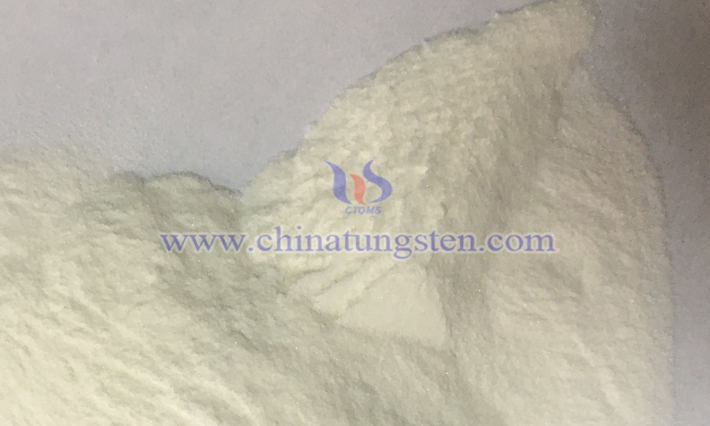
Chemical activity refers to the ease with which a substance undergoes a chemical reaction. Ammonium metatungstate (AMT) exhibits chemical activity primarily through its decomposition and transformation behavior under acidic conditions and thermal treatment. As a precursor to tungsten compounds, AMT plays a vital role in industrial applications and chemical synthesis.
What Is the Thermal Stability of Ammonium Metatungstate?
- Details
- Category: Tungsten Information
- Published on Wednesday, 28 May 2025 16:01
- Hits: 55
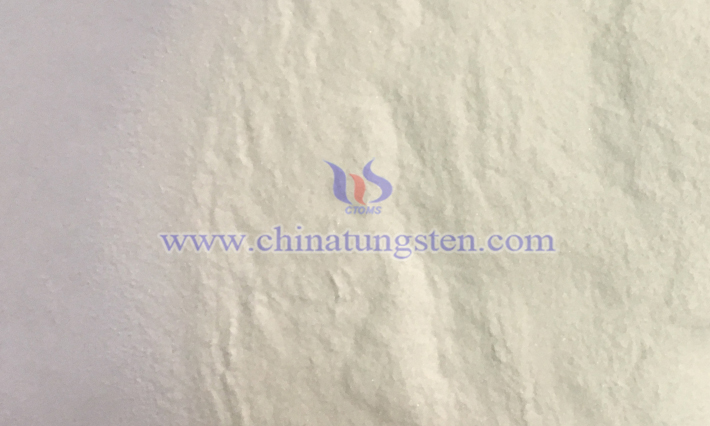
Ammonium Metatungstate (AMT) is a white crystalline powder that is easily soluble in water but insoluble in alcohol. It serves as a key precursor in the preparation of tungsten powder, tungstates, and catalysts, and is widely used in electronics, catalysis, and functional materials.
What Is the Specific Surface Area of Ammonium Metatungstate?
- Details
- Category: Tungsten Information
- Published on Wednesday, 28 May 2025 15:58
- Hits: 61
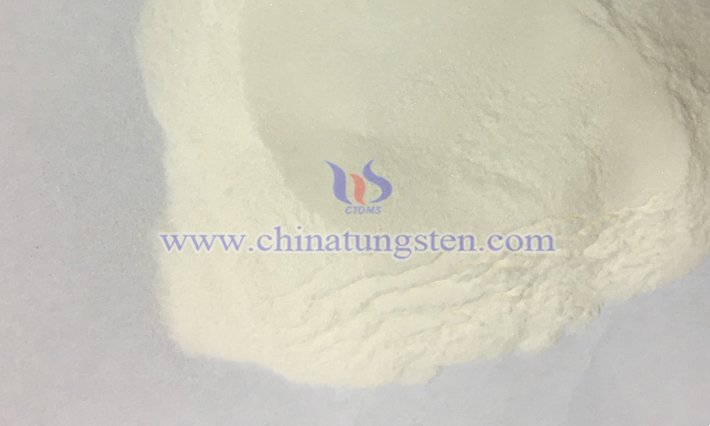
Specific surface area refers to the total surface area per unit mass of a substance, typically measured in m²/g or m²/kg. For ammonium metatungstate (AMT) powder, this includes not only the external surface area of the particles but also the surface area of internal pores, cracks, and other microstructural features. This parameter directly reflects the degree of dispersion and surface activity of the material—finer particles or greater porosity result in a larger specific surface area.
What Is the Bulk Density of Ammonium Metatungstate?
- Details
- Category: Tungsten Information
- Published on Wednesday, 28 May 2025 15:56
- Hits: 56
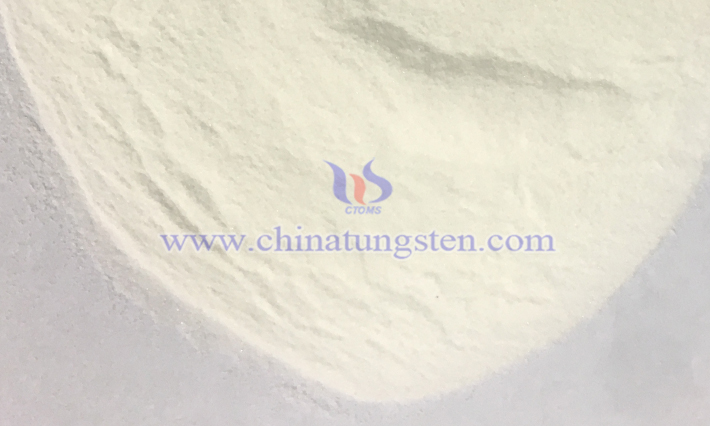
The bulk density of ammonium metatungstate (AMT) refers to the mass per unit volume of AMT powder in its naturally piled state, typically measured in g/cm³ or kg/m³. The term "natural piling" emphasizes that the powder is not compacted by external force but settles freely into a container under gravity, reflecting microstructural features such as porosity between particles, particle shape, particle size distribution, and surface roughness.
What Is the Density of Ammonium Metatungstate?
- Details
- Category: Tungsten Information
- Published on Wednesday, 28 May 2025 15:52
- Hits: 57
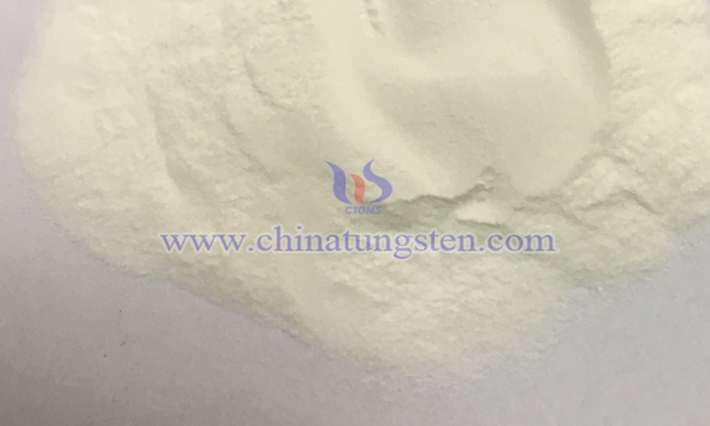
Ammonium metatungstate (AMT), a typical transition metal compound, appears as a white crystalline powder or slightly yellowish powder, with the molecular formula H28N6O41W12 and a density of 2.3-2.8 g/cm³. It has a wide range of applications. In the field of catalysis, AMT excels as a catalyst and support for reactions like hydrogenation and dehydrogenation in petrochemical processes. In functional materials, it is used to prepare tungsten-based energy storage materials and electrochromic materials. AMT is also utilized in producing ultrafine tungsten powder, tungsten alloys, as well as serving as an analytical reagent and an additive in ceramic materials.
Factors Affecting the Thermal Shock Resistance of Barium Tungsten Electrodes
- Details
- Category: Tungsten Information
- Published on Tuesday, 27 May 2025 17:52
- Hits: 61
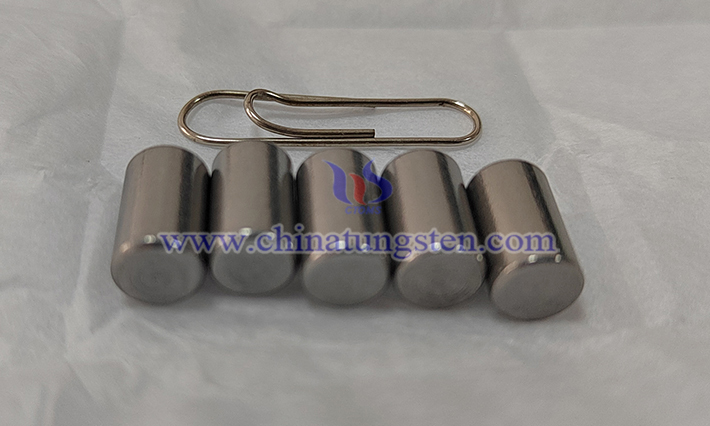
The thermal shock resistance of barium tungsten electrodes is affected by many factors. The following is an analysis of the main influencing factors:
Factors Affecting the Thermal Conductivity of Barium Tungsten Electrode
- Details
- Category: Tungsten Information
- Published on Tuesday, 27 May 2025 17:50
- Hits: 54
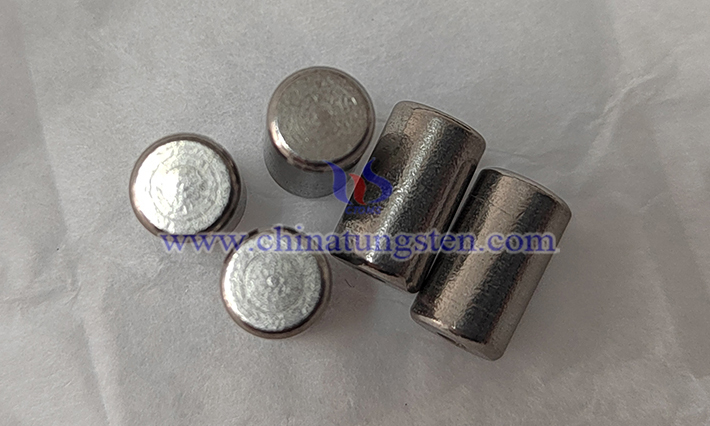
The thermal conductivity of barium tungsten electrode is affected by the combined effect of multiple factors, involving multiple aspects such as material science, thermodynamics and preparation process.
Factors Affecting the Burnout Rate of Barium Tungsten Electrodes
- Details
- Category: Tungsten Information
- Published on Tuesday, 27 May 2025 17:47
- Hits: 50
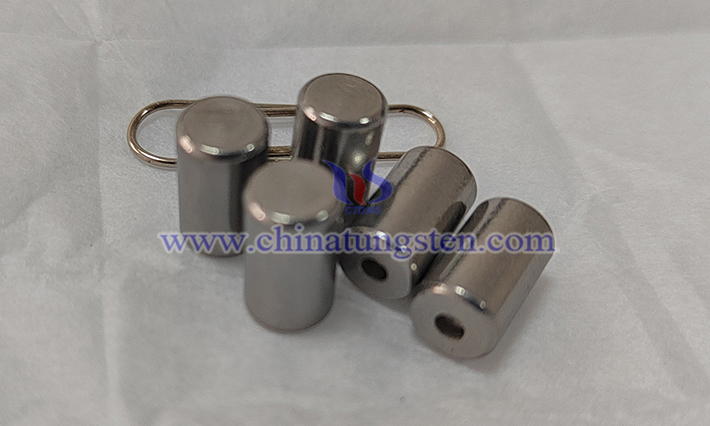
Barium tungsten electrodes are mainly used for certain specific applications, such as plasma welding or discharge machining, and their burnout rate (the loss rate of electrode materials caused by high temperature, arc or other factors during operation) is affected by many factors. The following are the main factors affecting the burnout rate of barium tungsten electrodes:



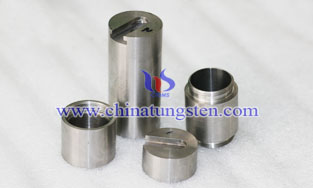


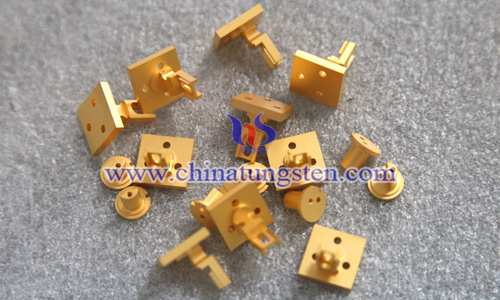
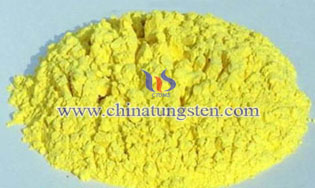
 sales@chinatungsten.com
sales@chinatungsten.com